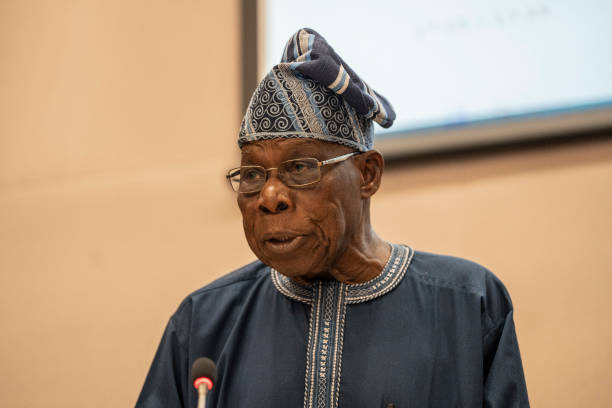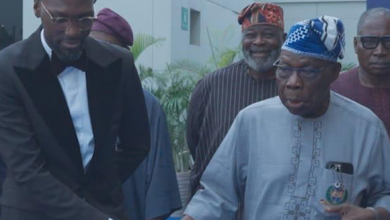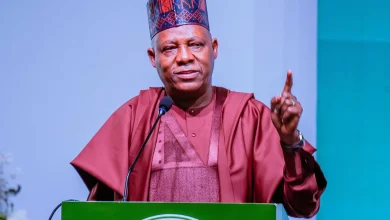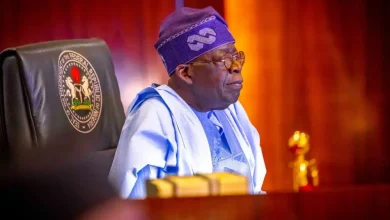Lead
Obasanjo advocates traditional medicine, health fund for Africa

Former Nigerian President, Chief Olusegun Obasanjo,GCFR, has urged African leaders to adopt traditional medicine and create a continental health fund to strengthen health sovereignty and ensure security for all.
Chief Obasanjo made the call during the Africa Health Sovereignty Summit in Accra, on Tuesday.
In his remarks at the event, the former Nigerian President urged African leaders to shift from hand-wringing to action in response to the global health crisis.
The summit brought together current and former heads of state, global health champions, and development partners.
It served as a rallying point for re-imagining Africa’s role in global health governance.
Hisbwirds: “We had Ebola; we had the HIV-AIDS pandemic; we had COVID-19, but we rode out of all of these.
“The way we handled HIV-AIDS in particular should give us hope, and guide us in navigating today’s fractured global health landscape,” he said.
Calling for localised solutions, Obasanjo stressed the importance of traditional medicine at the family and community levels.
He also recounted a decade-old meeting, where he learned that up to 80 per cent of pharmaceutical drugs had their origins in herbs, emphasising the untapped potential of indigenous knowledge.
“The herbs that we have in our villages and rural areas are useful; even pharmaceuticals derive a significant portion of their products from herbs. We must leverage this,” the former Nigerian leader said.
At the national level, Obasanjo urged African countries to scale up health insurance schemes and dedicate at least 25 per cent of the budget funding toward building resilient health systems and infrastructure.
According to him, virtually, every African country had a form of health insurance in place, but greater investment was required to close gaps in access and quality.
On a continental scale, the former president proposed the establishment of an African Health Fund, similar to the Peace Fund that has supported peace building efforts across the continent.
He suggested that the African Development Bank could manage the fund, which could be financed through innovative mechanisms such as a surcharge on flights into or out of Africa.
“If we can mobilise funds quickly for peace efforts, we can certainly do the same for health,” Obasanjo said.
“When appointed, I had to wait for European or American money to begin mediation. Today, the Peace Fund provides quicker resources. We need this same level of ambition for health,” he said.
Obasanjo called for “health security for all”, underscoring the importance of global solidarity and cooperation in the face of health emergencies that transcend borders.
“Our slogan must now be ‘Africa: Health Without AIDS’, backed by global partnerships and a renewed commitment to sovereignty.
“Pandemics know no boundaries. We must act, together and separately, to secure the health of all Africans,” Obasanjo said.
The summit was part of the broader Accra initiative, which aims to reposition Africa as a proactive actor in its health development, with a focus on sustainability, equity, and resilience.
NAN



